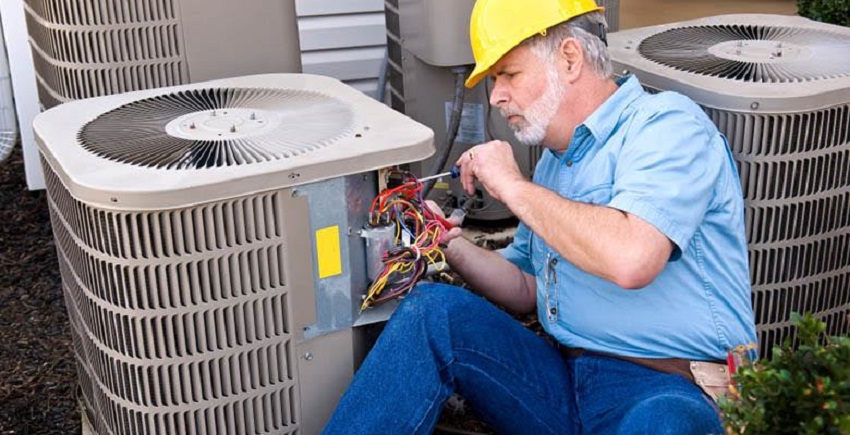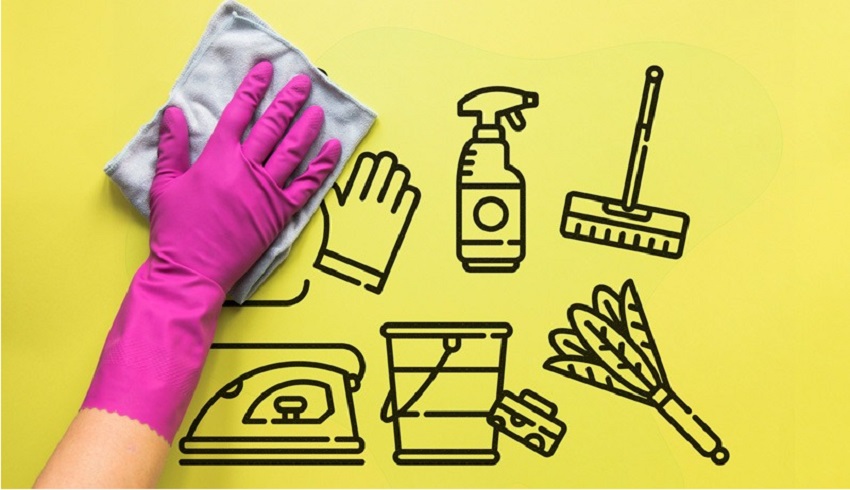A comprehensive plumbing inspection is essential to maintaining a property’s plumbing system. It helps prevent faulty systems and avoid costly repairs.
Professional plumbers conduct a visual inspection to assess the condition of your home’s pipes and drains. They also use high-resolution cameras to look inside the water and sewer lines. This is called a camera inspection and often detects future drain blockages.
It covers all aspects of your plumbing system.
Comprehensive plumbing services cover all the basics, like an adequate water supply, a drainage system, and excellent fixtures and equipment. It also features a few high-tech plumbing innovations, such as an advanced pipe-locating system to help plumbers find leaks or clogs.
The best part is that a complete home plumbing system can be installed in a fraction of the time compared to a more traditional approach. It can also save you money on maintenance costs and help avoid costly repairs down the road.
In short, a comprehensive plumbing system is a must for any homeowner. It’s an essential part of any home and an excellent investment for your future. Whether you’re building your dream home or just renovating, the proper plumbing will make a difference to your property value. A comprehensive plumbing system will also save you money in the long run by ensuring that your home stays in good condition for a long time to come.
It’s an essential part of home maintenance.
Your home is a significant investment; you want to protect it and ensure it stays in good shape for years. This can be done with routine weekly, monthly, and yearly maintenance to maintain your property.
It also means calling a professional plumber to do a comprehensive plumbing inspection every few years. This is a great way to find out any issues with your plumbing system, and it will help you avoid problems when you buy or sell your house in 2021.
A comprehensive plumbing inspection will cover all the essential aspects of your plumbing system, including indoor and outdoor pipes. It includes visual and camera reviews that look for leaks, broken supply lines, and clogged sewer lines. It is the best way to ensure that your plumbing system is in good condition. In addition, it will save you money in the long run and prevent any serious issues down the road.
It’s a good investment.
A plumbing contractor can add value to your home or business. It can also save you time and money in the long run. Therefore, it is a good idea to have a licensed plumber inspect your system from time to time, especially if you’re planning on selling the place in the future.
A comprehensive plumbing system is an underappreciated asset that can be a good investment for your home or business. A plumber can ensure that your spouts and taps are working correctly, which is crucial for a smooth water flow. They can also check out your supply lines and sewage pipes, so you won’t have to worry about any significant problems in the future. The best part is that they can do it all while you sit back and relax. The plumber might even save you some money on your bills. They might even be able to recommend some newer and more cost-effective appliances for your home or business.
It’s a great way to save money.
You should consider a comprehensive plumbing system to save money on your next home purchase or build. It will help you avoid costly repairs and replacements down the road.
An excellent comprehensive plumbing system will also increase the value of your property. Real estate companies often look at the condition of a plumbing system when evaluating a home’s estimated market value.
One way you can save money on your plumbing installation is to choose a more durable and cost-effective material for the piping. For instance, PVC and PEX pipes are both great options that are between 60%-70% less expensive than copper piping.
Another way you can save on your plumbing installation is to choose an experienced and professional plumber to do the job. Conversely, choosing an inexperienced or subpar plumber can slow down the construction process and lead to more expensive repairs and replacements in the future.




